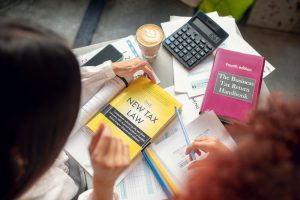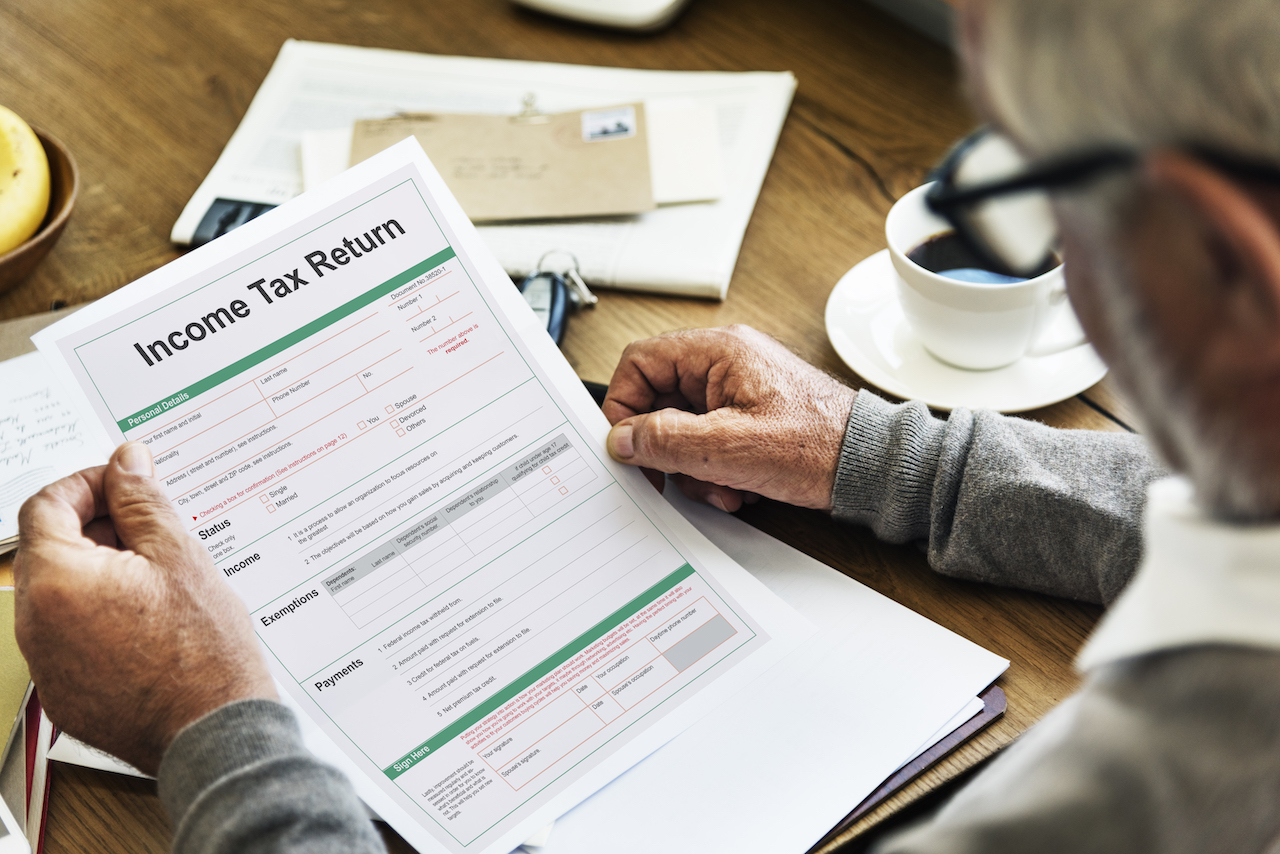While working on your tax return, for one reason or another you may have to refer to a previous year’s tax return.
But what if you can’t find your old tax returns? Can you request a copy of a tax return you’ve already submitted?

How To Get Copies of Old Tax Returns
To view copies of your old tax returns, follow these steps:
- Log into your government gateway account.
- Choose “Self-Assessment” from the main menu.
- Scroll down to “Previously Filed Returns” and choose “view more previous years Self Assessments.”
And that’s it! You should now be able to view your tax year overviews for every year you’ve previously submitted a tax return.
What Can an Old Tax Return Tell You?
The tax year overview will give you a summary of how much tax you paid in a given tax year. This includes the total taxable amount, along with any surcharges, interest, or penalties.
If you filed your tax return online, you can also view your SA302 calculation.
What is a SA302 Calculation?
This is a much more detailed breakdown of your tax return. It specifies the tax rate you’re on, the total income on which you’ve been charged tax, the amount of income tax you owe, along with any Class 2 and Class 4 National Insurance contributions. It will also tell you about deductions, balancing payments, and any other income you may have received from other sources.
Self-employed workers can use SA302 documents to provide evidence of their income. So if you’re applying for a mortgage, for example, and the bank or building society asks you to prove your income for a given period, you can follow the steps above to access your SA302 documents.
If you didn’t submit your tax return online, or if you’re struggling to locate certain older paper documents, then you can try contacting HMRC. You’ll need your Unique Taxpayer Reference (UTR) number to hand, as well as your National Insurance Number. You should also ensure that all of your personal details are up to date in your personal tax account, so that HMRC can properly identify you with their screening questions.
How Long Should You Keep Tax Records?
The government recommends that you keep tax records for at least 22 months following your return. But if you’re self-employed, the government requires you to keep your records for at least five years following the 31 January deadline of each tax return.
You can read our full guide to keeping good tax records. Our guide lists occasions when you might want to keep your tax records for longer, along with some advice on what to do if your records are lost, stolen or damaged.
Is It Important to Keep Good Tax Records?
It’s in your best interests to keep your records, as you need to offer total transparency if HMRC ever targets you for an investigation.
Business insurance can cover your legal expenses in the event of tax investigations. That way, no matter what happens, you’ll be able to continue trading, and you don’t need to worry about insolvency.
At Tapoly, we specialise in bespoke insurance packages specifically designed to meet the unique needs of self-employed workers. We offer legal expense insurance as an add-on to our self-employed professional indemnity insurance policies. You can get all the cover you need for as little as 35p a day, with no hidden fees. Head here to get a free quote online in minutes.
If you have any questions or would like to discuss your options please contact our Tapoly team at info@tapoly.com, call our helpline on +44(0)2078 460 108 or try our chat on our website.

